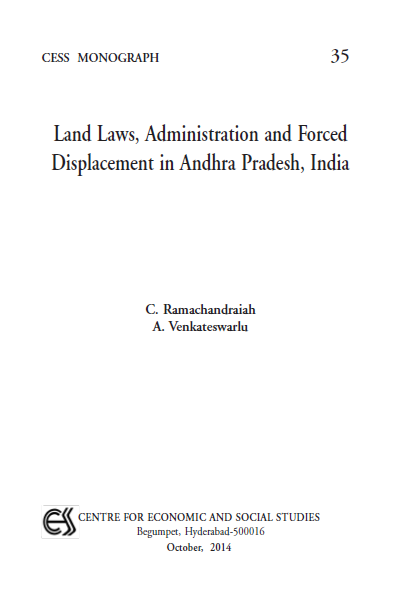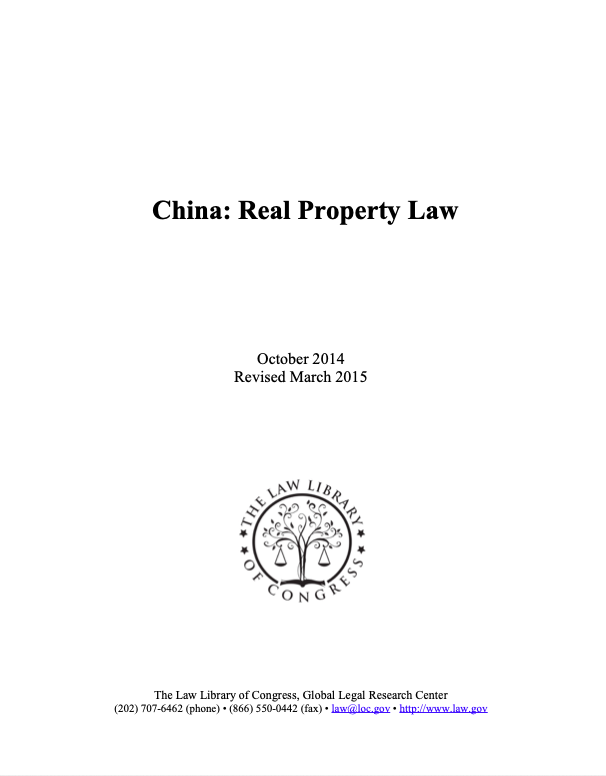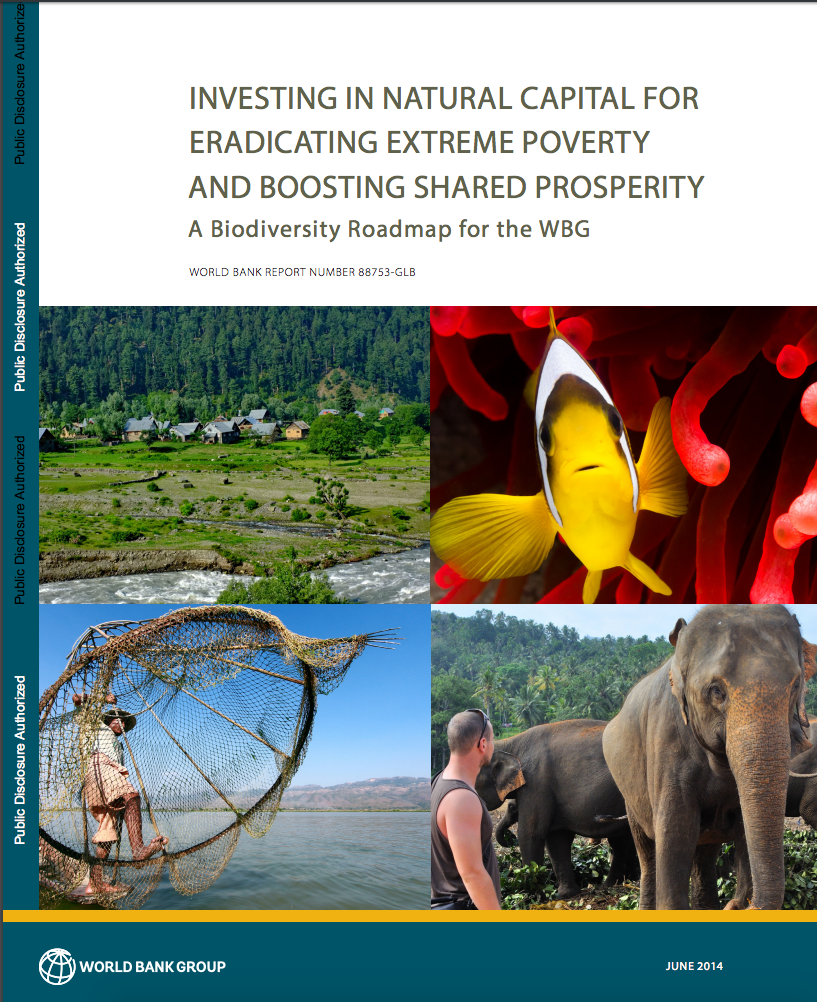Green Growth Opportunities for Bhutan
Bhutan has recently made significant
progress in sustaining economic growth and reducing poverty.
In 2012, average per capita household income was somewhat
under USD 2,400/year (Living Standards Measurement Surveys
2012). Growth has averaged around 9 percent per annum over
the past decade and is expected to be on the order of 8
percent per annum over the next five years. According to the
2012 Bhutan Poverty Analysis, 12 percent of the population







